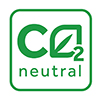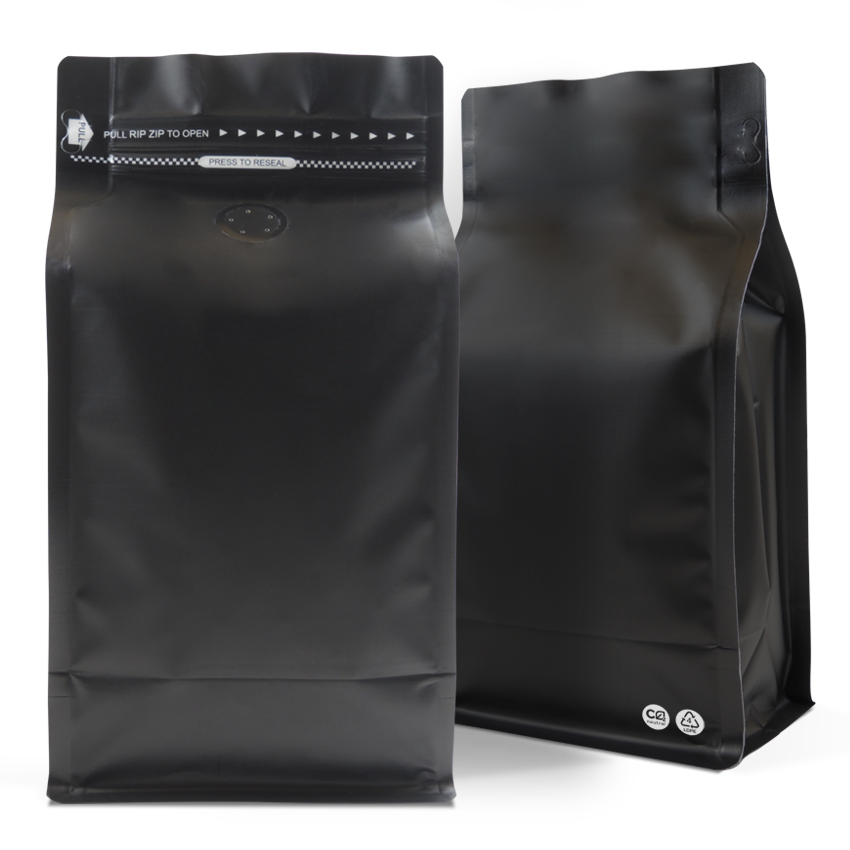Blog
Plastic Packaging Tax – Recyclable and PCR Recycled Content Packaging
Configure your product
On April 1, 2022, the United Kingdom introduced the plastic packaging tax (PPT) to encourage the use of recycled plastic over new plastic within packaging. The tax applies to plastic packaging manufactured in or imported into the UK, which contains less than 30% recycled plastic by weight.
As of April 1, 2023, the rate of tax increased to £210.82 per tonne of plastic packaging. One year on, we will explore key learnings and upcoming developments in the field.
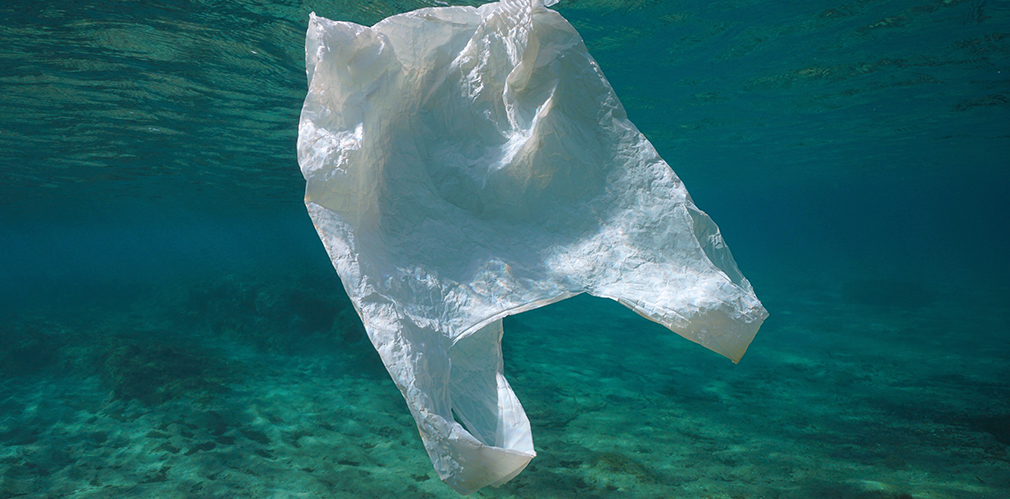
Key Learnings from the First Year
The Importance of Data
The PPT has brought about significant administrative requirements for businesses, necessitating more detailed data on the plastic packaging used. This information may come from various sources and might not typically be part of the finance systems. The need for more granular data remains a key focus for businesses.
Cross-Functional Team Responsibilities
Compliance with PPT often requires a cross-functional effort. It often falls on the tax team, but the responsibilities extend to procurement, logistics, compliance, IT, product, and sustainability teams. This cross-functional collaboration is essential for managing various packaging compliance requirements.
Embedding Circularity at All Levels
The PPT and related measures aim to encourage businesses to embed circularity into everyday decision making. This includes reducing the use of virgin plastic and embedding recyclability in product design. However, moving towards a truly circular economy will require new business models and value chain collaboration.
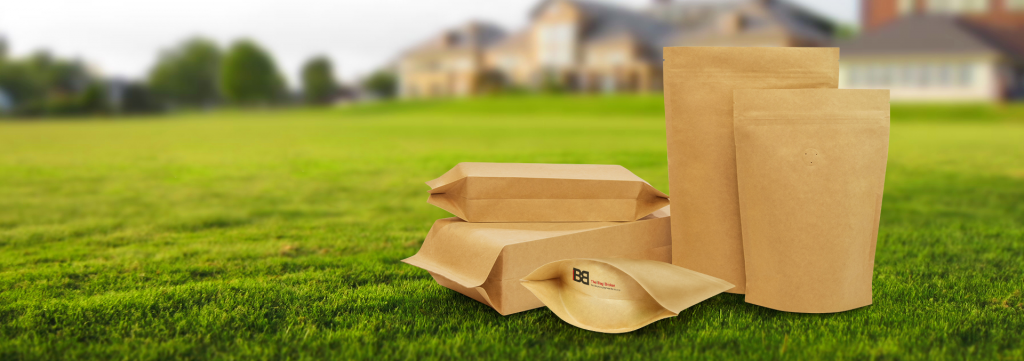
Policy Developments on the Horizon
New Plastic Packaging Taxes in EU
Since January 1, 2021, all EU member states must contribute to the EU budget based on the amount of non-recycled plastic packaging waste. Spain introduced a PPT effective from January 1, 2023, at a rate of €0.45 per kilogram of non-recycled plastic packaging. Italy is also looking into introducing a similar tax.
Extended Producer Responsibility (EPR)
Changes to the EPR program in the UK will take effect in a phased approach from 2024. Businesses will be required to pay the cost of collection and recycling for packaging they put on the market. After two years, eco-modulation will be introduced, which will mean companies paying more for less sustainable packaging.
Other Policy Changes
Other regulatory changes are being implemented, such as bans on certain types of single-use plastic products. For instance, Canada will implement such a ban from December 2022, France has started a phased introduction from January 2021, and the UK will implement the ban from October 2023. The UK is also reviewing a deposit return scheme for drinks containers, with a potential introduction from 2025.
Strategic Considerations for Plastic Use
Businesses need to think strategically about plastic packaging, keeping up with the evolving tax and regulatory landscape. Some actions businesses can consider include:
- Embed PPT and EPR requirements into existing processes to support ongoing compliance.
- Map your plastics footprint, including on-site waste, own product packaging, and plastics in the value chain.
- Assess how to reduce plastic packaging: Are there plastic-free options? Could a different type of plastic be used? Could there be a reusable solution? What key performance indicators is the business committed to and place on its suppliers?
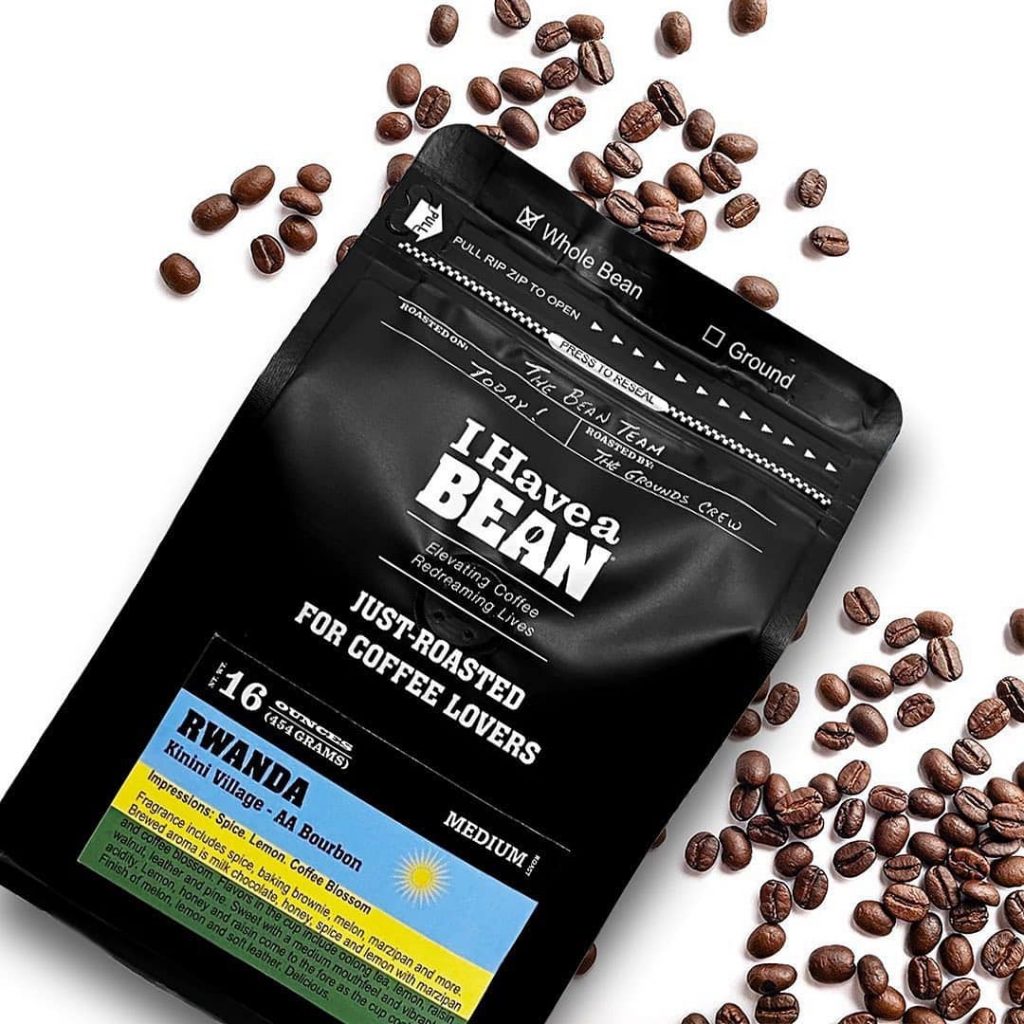
The Bag Broker’s Proactive Adaptation to the Plastic Packaging Tax: A Shift Towards Sustainability
The introduction of the plastic packaging tax has sparked a transformative wave across industries worldwide, prompting companies to rethink their packaging choices. At The Bag Broker, we’ve been ready for this change. Not only have we adapted to the new plastic tax, but we’ve also been steadily transforming our approach to packaging since 2019, demonstrating a strong commitment to sustainability.
Proactive steps toward recyclability
Our journey began in 2019 when we introduced recyclable high-barrier bags to our product lines. These bags were designed with an eye on sustainability, utilizing high-barrier films that ensure both product quality and environmental responsibility. Despite these bags being impacted by the new plastic packaging tax, their introduction marked a significant stride in our commitment to greener packaging solutions.
Expanding our compostable bag lines
Complementing our recyclable offerings, we have expanded our line of compostable bags. These bags serve a dual purpose – offering an excellent packaging solution for our customers, while also ensuring a reduced environmental impact. Unlike traditional packaging, these compostable bags break down into natural elements under composting conditions, significantly reducing waste going to landfills.
Introducing PCR Recyclable Content Bags
More recently, we have introduced Post-Consumer Recycled (PCR) Recyclable Content Bags to our product line. These bags, made with at least 30% PCR content, not only showcase our commitment to a circular economy but also navigate the recent plastic packaging tax in a smart way.
As per the new regulations, packaging made with 30% or more recycled plastic can be exempted from the plastic packaging tax. Thus, our PCR bags offer a win-win situation – they reinforce our commitment to sustainability while also offering cost benefits to our customers by evading the plastic tax.
Continuing the Journey
The introduction of the plastic packaging tax has added a financial incentive to an environmental imperative, and at The Bag Broker, we have wholeheartedly embraced this change. We’re proud to offer our customers a wide range of sustainable packaging solutions that not only meet their needs but also contribute to the broader goal of reducing our collective environmental footprint.
Our journey towards sustainability is far from over. As regulations evolve and new sustainable technologies emerge, you can be sure The Bag Broker will continue to adapt and innovate, always putting our commitment to sustainability – and our customers – at the forefront of what we do.

